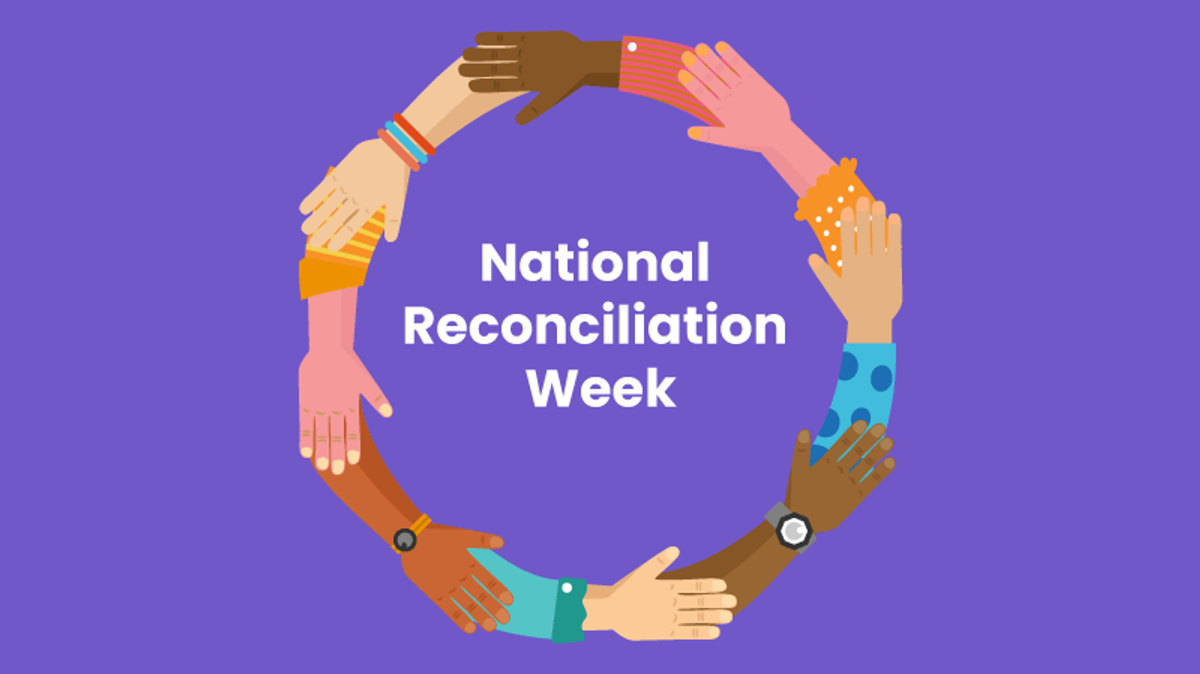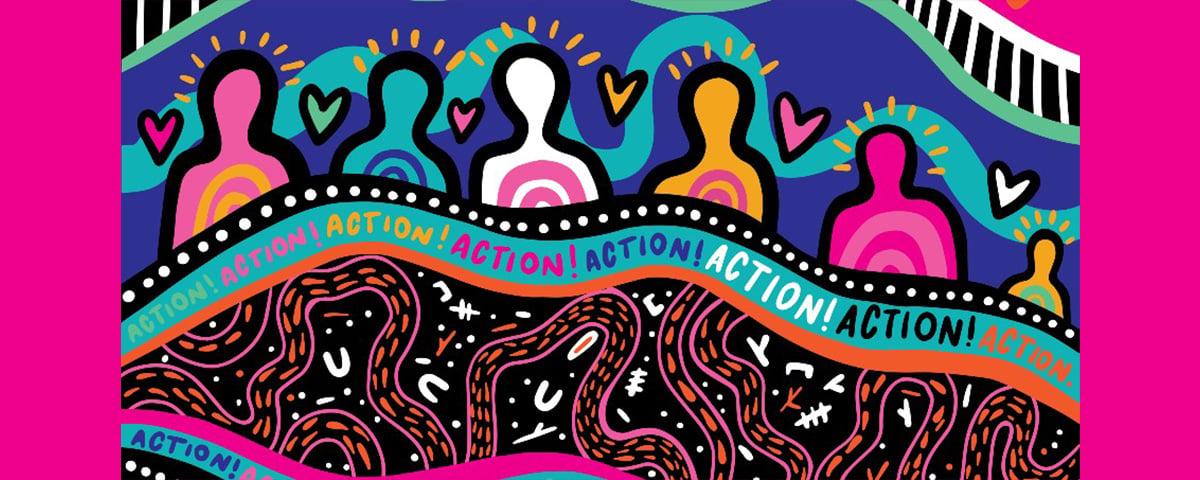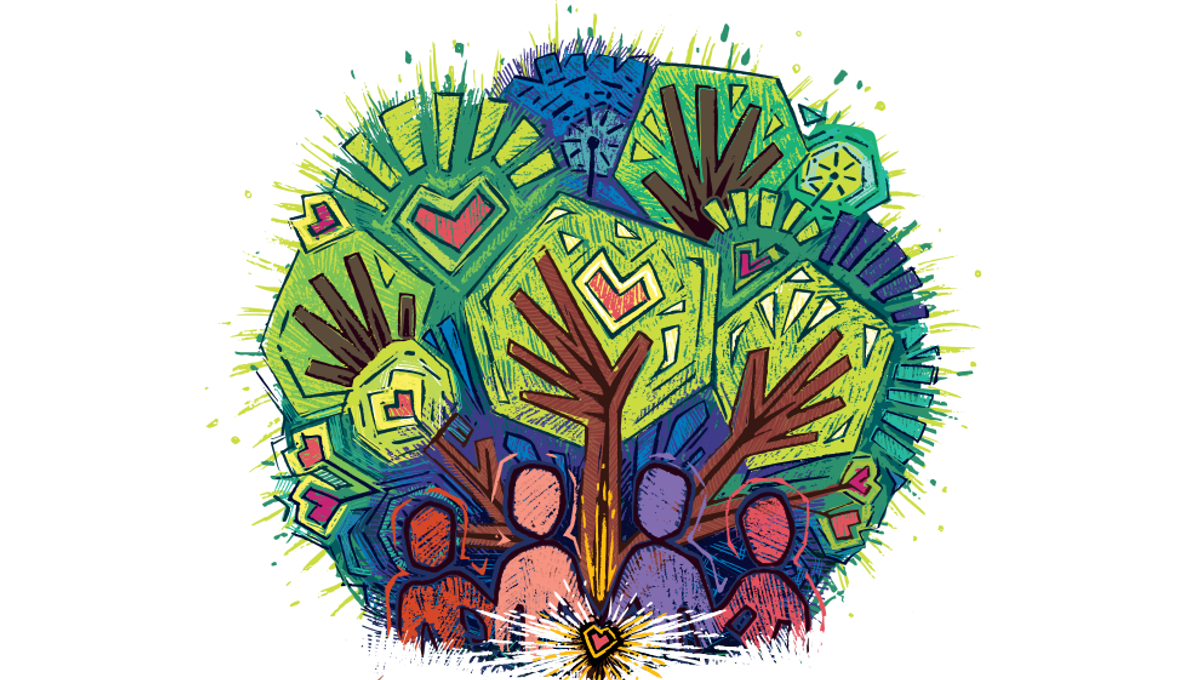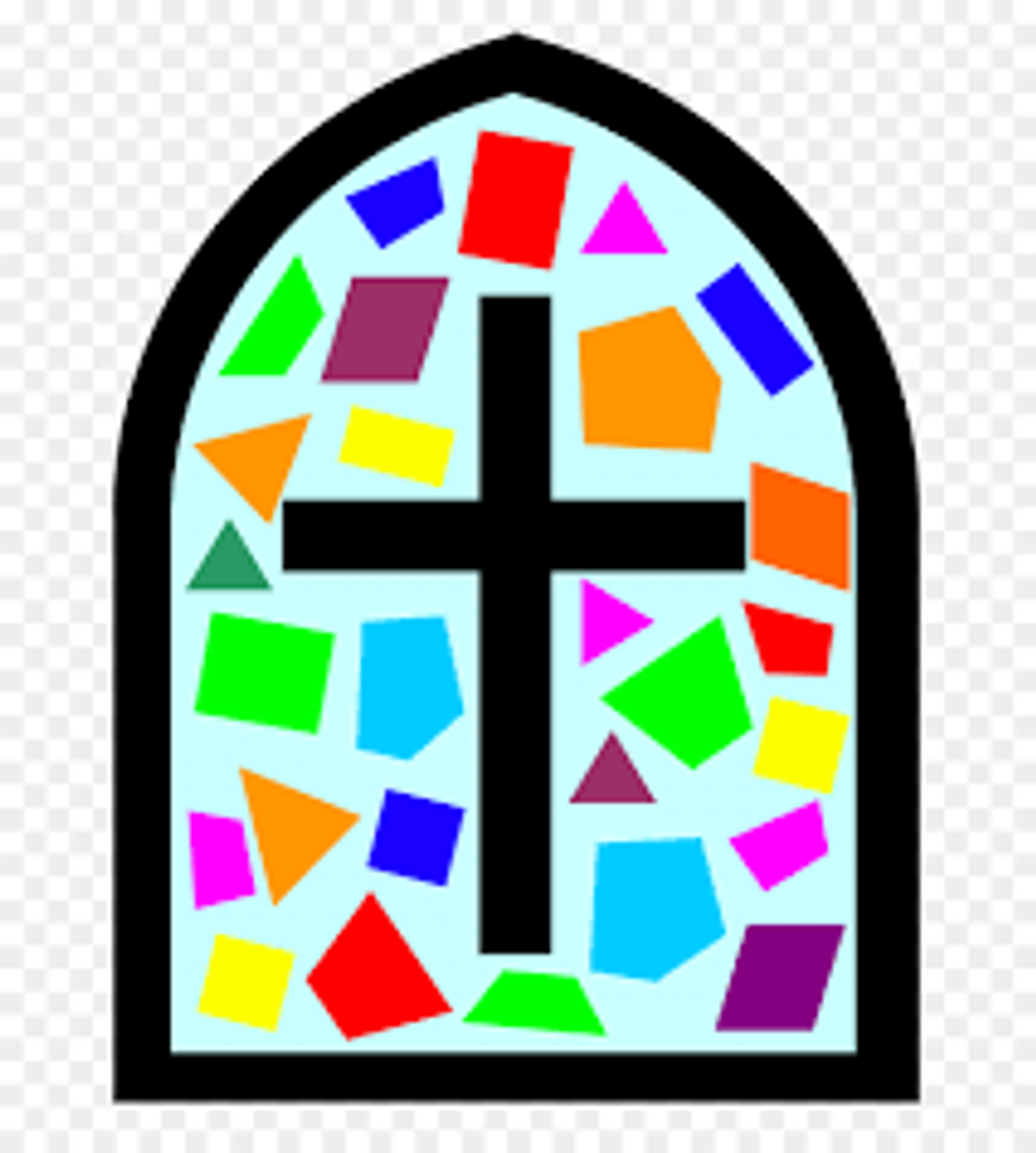Religious Education
RECONCILIATION

Religious Education
RECONCILIATION
This week is National Reconciliation Week. It is a time for all Australians to learn about our shared histories, cultures, and achievements, and to explore how each of us can contribute to achieving reconciliation in Australia.


So What Does the Church think about Reconciliation?
The Catholic Church supports reconciliation. It is a deeply Christian concept.
In fact the language of reconciliation was borrowed by politicians from the Churches. When Catholics approach the process of reconciliation we bring to the word reconciliation a very specific meaning from our own tradition.
For us, reconciliation is not just a political process. We have a theology and a sacrament of reconciliation to draw on and which urges us to act.
The insights about reconciliation which we find in our long tradition of penance and reconciliation offer us a model for something that is fundamentally human.
These insights might help members of the Catholic Church, as well as others outside it, to better understand what is needed if the process of reconciliation in Australia is to be truly authentic. The Church must work for reconciliation if it is to be, as Vatican II suggested, a sacrament of unity both with God and among peoples. The mission of the Church is to be at the service of the whole of humanity in making the unity achieved in Christ a living reality. This must be demonstrated in the quality of relationships between indigenous and non-indigenous Catholics themselves.




Please pray for the following Year 3 and 4 students who are preparing to receive the Sacrament of Reconciliation on Thursday 20 June.
Rithu, Natasha, Sofia, Grace, Dihain, Harry, Giselle, Kobee and Lania.


Please join us for our next school Mass which will be celebrated on Monday 3 June at 9:15am in the Holy Family Church.
Pauline Moran
Deputy Principal